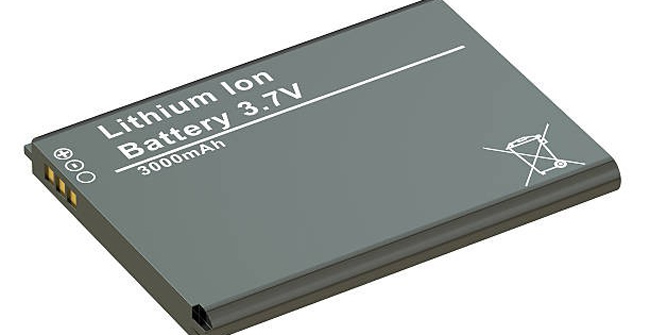Successfully manufactured smartphone batteries that work well in conditions of -70 ° C
Under very low temperatures, conventional Lithium-ion (Li-on) batteries cannot operate stably. The Li-Ion battery will reduce the original performance by 50% after just a few minutes of use in temperatures of -20 ° C, making the smartphone's speed slow to see, and even leading to unintended collapse want.

In harsh environmental conditions, current Li-ion batteries reduce performance very quickly.
The new Li-on battery developed by Chinese scientists has the ability to operate stably even when the temperature drops to -70 ° C. This not only allows smartphone devices to operate stably in the harshest areas of the world, but also can operate in outer space.
The team used ethyl acetate (ethyl acetate), an extremely low temperature conductor to act as an electrolyte with two other organic compounds as two electrodes, including PTPAn (negative pole) and PNTCDA (positive pole).
Organic compounds will not have to react with lithium ions in the molecular matrix of the electrode, which will limit the ability to reduce performance in the low temperature environment that the Li-ion battery is currently experiencing.
This new battery technology is environmentally friendly, uses common materials and costs are not too high. The biggest problem in the commercialization of this battery technology is that its energy density is too low compared to the current common Li-ion battery.
See more:
- Successfully developed bendable batteries like the backbone who open up new futures for technology devices
- IPhone battery exploded due to being bitten by customers to check quality
- How much battery backup battery is allowed to carry on board?